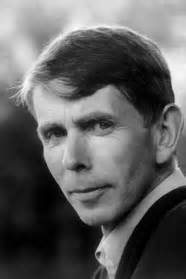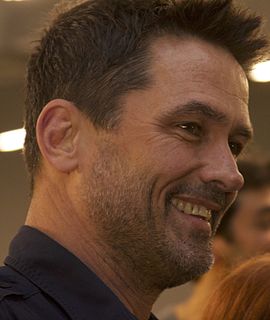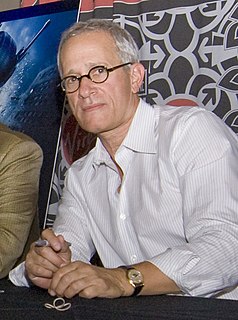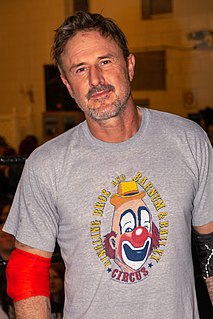A Quote by James Nesbitt
Brain surgeons are dealing with the very last thread of life, and they have to be very confident, but I think they tend to remember their failures rather than their successes, and that must be very hard. Who do you share that failure with? That's why their personal lives are often disastrous.
Related Quotes
'Ghost City' was actually one of the few instances of non-fiction that I had written, and I felt that I probably said what I wanted. I think it must be different for every author; I haven't done very much of it, and perhaps, in a way, I found it rather painful, which is why I don't really do it very often.
I've done my share of reading about Abraham Lincoln, throughout my life, and he wasn't always carved in stone. He was a human being. He was a very thoughtful, self-educated, complex, magnanimous human being, who was very, very strong, very smart and very canny, with a very strong sense of what was right and what was wrong. Through all that, he's become an icon, over the years, and some of his warmth and humanity has been lost. You don't tend to think of Lincoln as this warm, funny person, but he was.




































